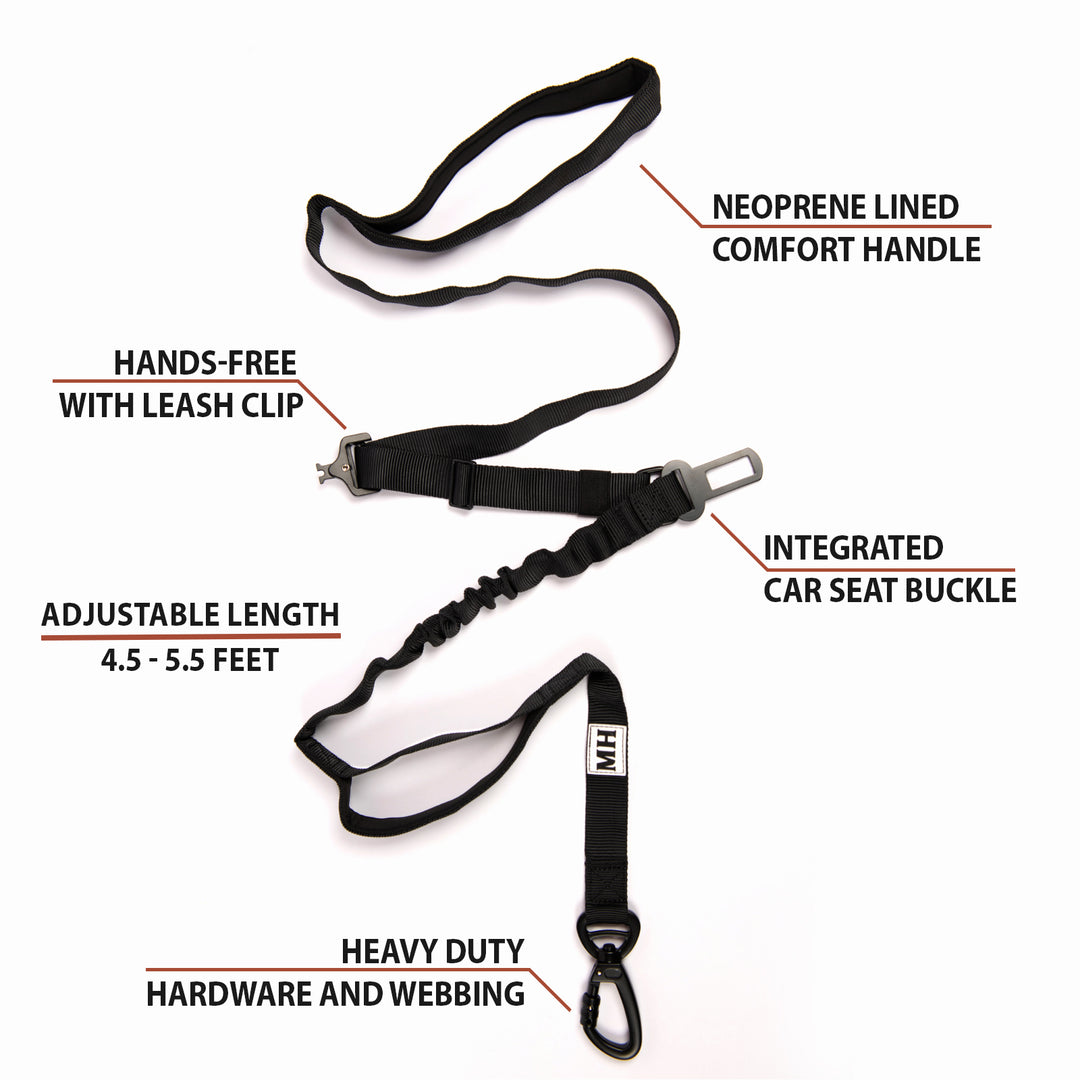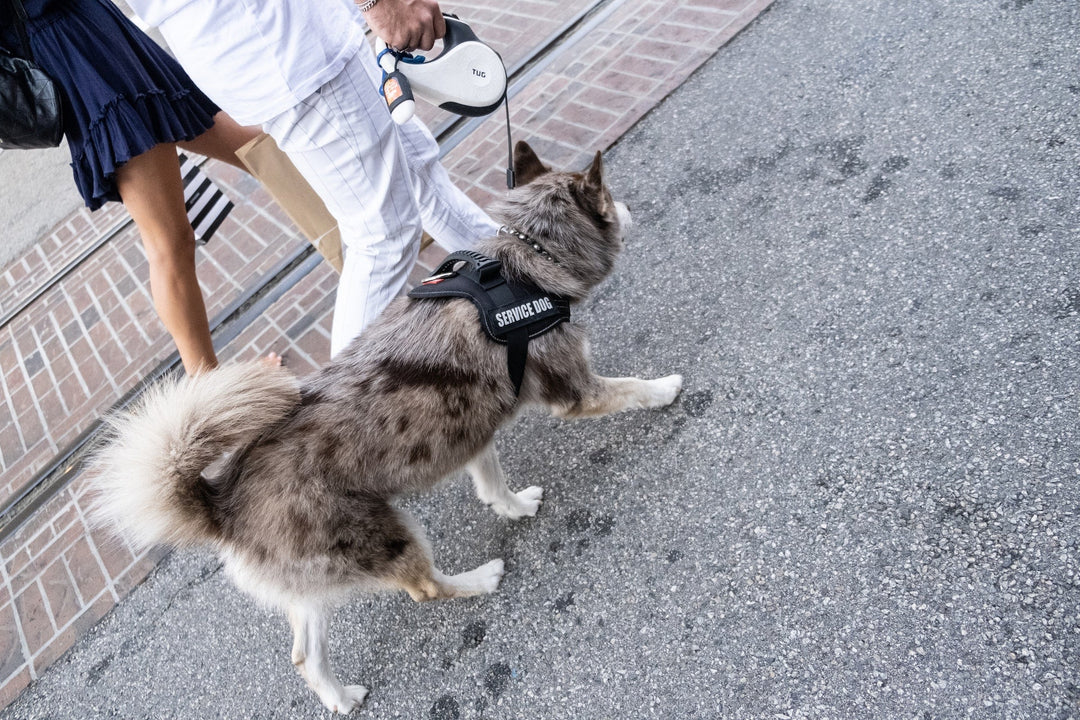A State-by-State Breakdown of the Dog Laws in the USA

Did you know that there are different dog laws in each state of the USA? Dog owners need to be aware of these laws and ensure they comply with them, as breaking them can lead to fines and even jail time in some cases!
Our blog post provides a breakdown of the key dog laws in America and how to remain compliant with them when traveling with your dog across state lines.
US Dog Bite Law
The Dog Bite Law is the main law that relates to dogs. In most states, dog owners are liable for any injury caused by their dog and will be held financially responsible if a person or other animal is injured. Dog owners may also face criminal charges if their pet causes serious injuries or death. The dog bite law can vary greatly between states, so it's important to check your state's specific legislation before you get a dog.
US Dog Laws and Travel
When it comes to transporting and traveling with your dog, some states require dogs to have certain immunizations and documents in order to cross state lines. A good pet parenting rule-of-paw is your dog should always wear an up-to-date ID tag on its collar, which includes your name and contact details in case it gets lost.
Additionally, some states require dogs to be vaccinated against certain diseases, such as rabies, in order to cross their borders. Be sure to double-check your state's requirements and take any necessary documents (hound health certificates) with you on your travels.
US States to be Aware of Regarding Strict Dog Laws
Finally, it pays to know which states are considered the strictest when it comes to Dog Laws. In general, these include California, Florida, Illinois, and New York. Dog owners in these states should take extra care to make sure they comply with state laws before traveling with their pet or allowing it off its leash near other people or animals.
Common US Dog Laws Pet Parents Should Be Aware Of:
- Some states stipulate hounds must be kept on a leash of 6 feet or less when in public spaces unless they are in a designated doggie area.
- California has the strictest liability law regarding damage caused by dogs; their pet parents are 100% liable for all damage incurred by their fur babies.
- In most states, dogs must be vaccinated against rabies; each state has its own guidelines regarding the age and frequency of certain vaccinations.
- Pet parents must adhere to the 'do not' tether rules in each of the 23 states that have adopted these laws. In addition, pet parents may not use a chain or choke collar for tethering purposes.
- In most American states, it is mandatory for pet parents to clean up their hound's poop or risk a fine.
- Some states specify that all dogs must be licensed and display this license on their collar when out and about.
Final Thoughts
Awareness of US Dog Laws and following them is essential for responsible dog ownership. Taking steps such as researching your state's Dog Laws and consulting a qualified attorney can go a long way toward helping you stay compliant with the law. Doing so can ensure your pet is protected and that everyone remains safe.
Image by Clker-Free-Vector-Images from Pixabay












